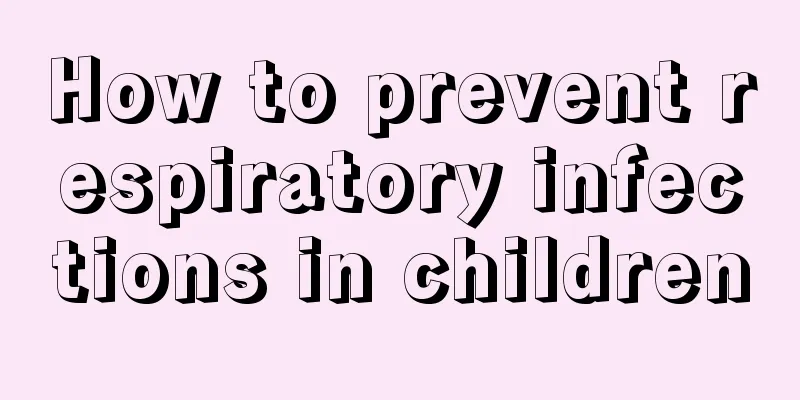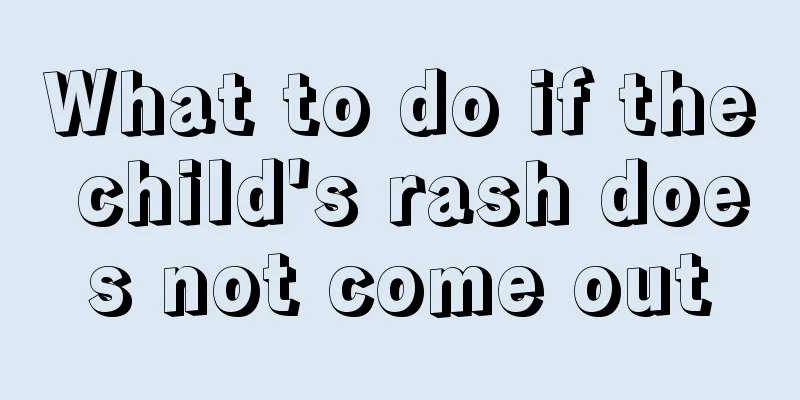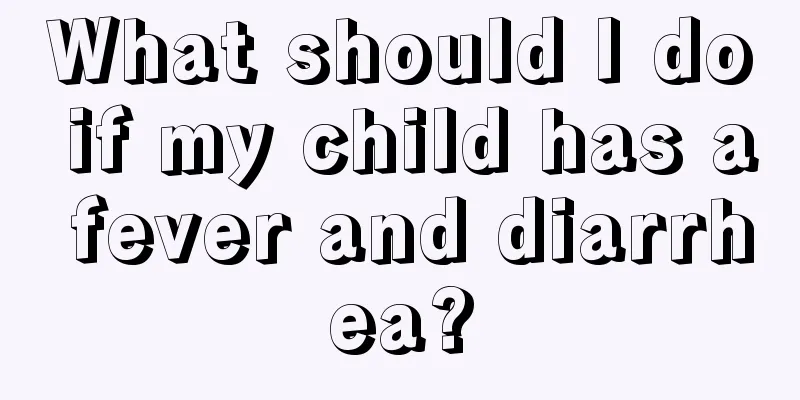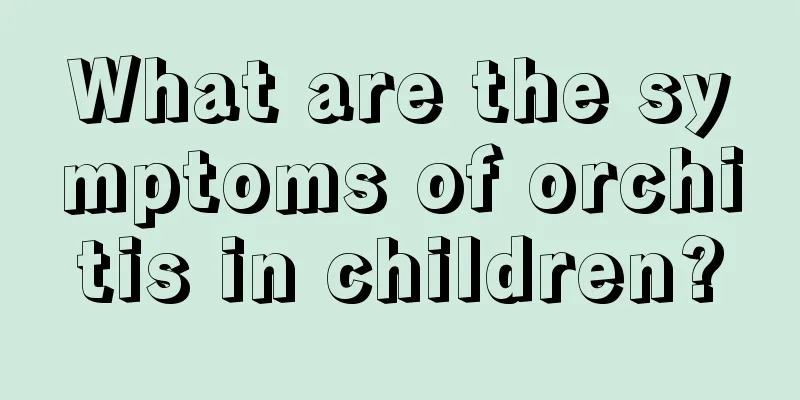What to do if your baby has a cold, cough or pneumonia

|
Newborn full-term babies are delivered from their mothers with their mother's own immunity to protect themselves from common viruses. As the baby grows, his or her own immunity will gradually decrease, and the baby's immunity will disappear when he or she is about six months old. At this time, the baby will face the troubles of some common diseases! If the baby is sick, has a cold, cough or even pneumonia, what should mothers do? 80% to 90% of colds and coughs are caused by viruses, and there are more than 200 types of viruses that can cause colds and coughs; 10% to 20% of colds and coughs are caused by bacteria. Babies under one year old are more susceptible to colds, coughs, and even pneumonia because their immune systems are not yet fully developed. Let your baby drink more water. Sufficient water can make the nasal secretions thinner and easier to clean. Let your baby eat more fruits and juices rich in vitamin C. You can use a humidifier to increase the humidity in your baby's room, especially at night to help your baby breathe more smoothly. Don't forget to clean the humidifier every day with white vinegar and water to prevent the accumulation of dust and germs. For babies who keep coughing, the symptoms will be relieved in an environment with room temperature around 20℃ and humidity around 60-65%. If your baby has a severe cough, let him/her inhale steam; or hold your baby in a steam-filled bathroom for 5 minutes. The humid air will help clear mucus from your baby's lungs and calm his/her cough. Drinking more warm drinks can make the baby's sticky phlegm thinner, relieve the tension of the respiratory mucosa, and promote coughing up phlegm. It is best to let your baby drink warm water or warm milk, rice soup, etc. You can also give your baby fresh fruit juice. The fruit juice should be less irritating such as apple juice and pear juice. It is not advisable to drink citrus juice such as orange juice and grapefruit juice. However, if the high fever persists, you should be careful of pneumonia and seek medical attention immediately! Okay, that’s a brief introduction to the issues of colds, coughs and pneumonia in babies. In fact, careful mothers will find that there are always some clues before the baby gets sick. As long as the mother is careful and good at observation, and intervenes in time after discovering the problem to prevent it from getting worse, many diseases can be nipped in the bud! |
<<: How to solve the baby's cough at ten months old
>>: How to avoid eating milk powder when the baby coughs
Recommend
How to treat intestinal lymph node in children
Don't worry too much if your child has intest...
Does anesthesia affect children's intelligence?
Anesthesia during surgery is very important for t...
What to do if your child keeps having a low-grade fever
In life, our beloved babies always have problems ...
What are the characteristics of physiological jaundice in newborns?
In fact, newborn babies need careful care, becaus...
Why is my eight-month-old baby retching?
We all know that taking care of a baby is a very ...
What should I do if my baby has a stuffy nose, runny nose, and cough?
Babies are prone to cold and cough symptoms. We a...
How to solve the problem of children’s eyes being stuck with eye mucus due to inflammation?
Children often encounter some factors that affect...
Does your child have ingrown feet?
It is a very common phenomenon for children to ha...
At what age can children eat chocolate?
Many children love chocolate very much, but choco...
What is the most effective food for children with poor absorption?
Children are the hope of every family and the tre...
What are the symptoms of pediatric dermatitis?
Nowadays, many children have symptoms of dermatit...
Why does a 14-year-old girl feel chest tightness?
People of all ages may experience chest tightness...
What to do if your child has bleeding gums
If a child has bleeding gums, parents will defini...
Is it scary for a newborn to have red scalp?
Why do some newborns have red scalps, unlike othe...
What to do if your child grinds his teeth
When children are teething, they are prone to tee...









